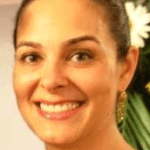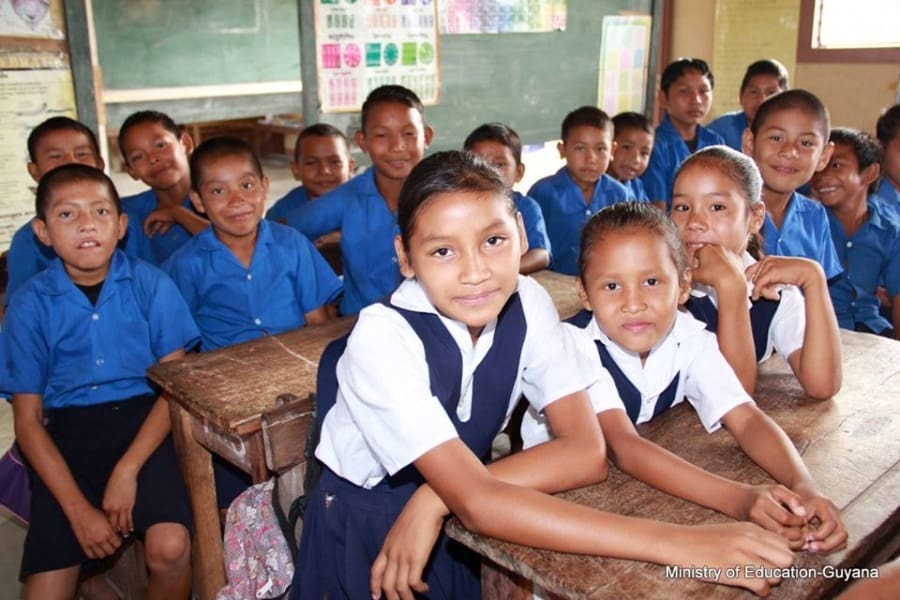By Sandhya Gupta
Asia Education Consultant, Tony Blair Institute for Global Change

The critical importance of interpersonal and developmental skills in preparing young people for success in the 21st century is widely recognized by educationalists, but is a challenge for those who seek to make an education policy. Top employers now recruit students that distinguish themselves from the crowd by demonstrating that they have the skills to work in a world that is increasingly both challenged by and benefiting from connective technology, increasing diversity, and the impact of globalization. The Indian educational system churns out millions of young people each year with nearly identical resumes in their chosen discipline, but is struggling to include and systematize the more desired skills of cultural competency, communication and critical thinking.
Difference can be scary. But, in a world that is being pulled and pushed together in a very rapid manner, difference is also inevitable. Young people today, when they move into the workforce, will only excel if they have the skills to navigate diversity in a manner that is peaceful, productive and collaborative. Unfortunately, these skills are not often given priority in secondary educational institutions and in systems that are largely exam-driven and based on memorization of facts. Where these skills are included, they are usually lumped into extra-curricular activities known as “personality development” or “moral sciences” and relegated to the periphery of a core curriculum.
Generation Global, a programme of the Tony Blair Institute for Global Change, has been committed to bringing the skills of dialogue and critical thinking to the forefront of education systems for the past decade. The flexible and adaptable curriculum is activity based, student-centered and addresses some of the most important issues that adolescents will have to face as they get ready for the challenges of a global work environment. The classroom activities allow students to reflect on their own identities, their influences and their values, and the online video-conferencing and digital dialogue opportunities facilitate connections with their national and international peers so that students can understand the lived experience of those that are different from them.
Teaching students to effectively navigate difference is no small task in these times. Instant communication and the rise of smartphones has made it possible for information to spread very quickly via several different social media channels – Whatsapp, Facebook and Instagram just to name a few that are very popular here in India. In an age of populism, it’s often the most popular soundbite that spreads very fast, not necessarily the most accurate one. Adolescents in the age group of 12-17 are particularly vulnerable to being influenced by such messages, as the sheer volume of what is hitting them leaves little time for critical thinking and analysis of what is being shared. And, without the tools or the time to analyze the messages that are constantly hitting them, young people can easily succumb to negative or false propaganda about “the other”.
The curriculum contains content directed at helping young people address the root cause of stereotyping and discrimination, and provides them with the practical experience to have meaningful dialogue with those that are different from them. It includes teaching modules such as the Freedom of Belief, Human Rights, Extremism, the Power of Narrative, Festivals, Faith and Culture, and others to get students engaged with thinking about these issues in the classroom before having facilitated conversations in a safe environment with their peers that are also working through the same topics in their classroom.
India is bursting with NGOs and companies looking to improve and/or reform the education sector here. There is no shortage of new ideas or innovations presented at conferences or discussed among educators. What we need to start discussing, however, is how we can educate students so that they are authentically prepared to lead a global workforce in which collaboration across different religious / ethnic / cultural lines will be a critical marker of success. These conversations are well and good in the NGO space, but the government must take a leading role to ensure that their students are well prepared to meet the challenges of globalisation.
Classroom courses that build students’ ability to respectfully communicate with the ‘other’, to be an engaged listener, and to shed stereotypes / prejudices should not be pushed to the periphery of a school curricula but rather sit front and center. These challenges of globalization are precisely those that address: providing a robust set of classroom activities that help students to cultivate these skills, and a succession of opportunities to practice them with their global peers.


